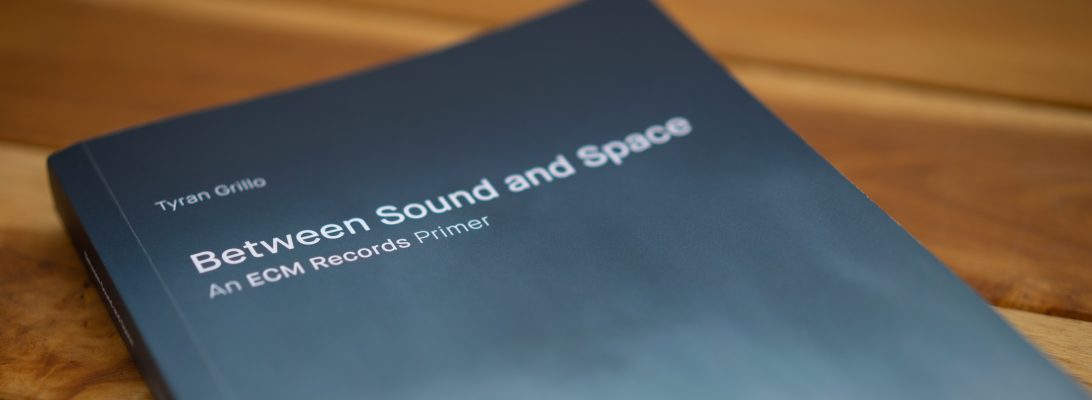Keith Jarrett Trio
up for it
Keith Jarrett piano
Gary Peacock double-bass
Jack DeJohnette drums
Recorded live on July 16, 2002, La Pinède Gould 42nd Festival de Jazz d’Antibes, Juan-les-Pins, France
Engineer: Martin Pearson
Executive producer: Manfred Eicher
One of the liveliest of lives for the Keith Jarrett Trio, up for it celebrates two decades behind the wheel of this purring vehicle. Jarrett and his peerless backing flaunt their way through a set of eight tunes, each dropping its own distinct fruit from the branch. Indeed, in the nurturing hands of this trio, what once were chestnuts sprout into mighty trees in and of themselves.
Jarrett leads the trio in a rollicking good time with “If I Were A Bell” (Frank Loesser). Proceeding with airy confidence, the trio floods the ether with reflections sublime, sophisticated, and piquant, Peacock and DeJohnette holding the line as few rhythm sections can. Thus supported, Jarrett manifests some of his most delightful playing on record. “Butch & Butch” (Oliver Nelson) gets an invigorating treatment that reaches new levels of tasteful abandon. Each musician feeds off the others in a golden braid of inspiration. Jarrett hangs the most sparkling, whimsical ornaments from this many-spindled tree, while DeJohnette fires on all cylinders in his solo dives.
As incendiary as these three can be, it’s in the ballads where they stoke the deepest hued fires. Ballads are also where Jarrett extends the breadth of his flavors with some of the most creative intros in the business. Take, as one of countless instances, the pentatonic lilt that smoothes into as heartfelt a rendition of “My Funny Valentine” as the seasoned fan is likely to hear. Yet there is more to this ballad than meets the eye, as Jarrett & Co. run off its cliff into a scintillating hang-glide. Even Peacock, a normally grounded player, gets airborne in his hollow-boned solo. “Someday My Prince Will Come” is another standby to which Peacock adds so much life. Whether in solo or support, he flirts with the keys in rich, figural language. DeJohnette, meanwhile, builds a house of cards and hits each out of the air with his sticks as it falls into new deck order. The greatest of the album’s hits is undoubtedly “Autumn Leaves,” a tune that seems to sprout a new limb at Jarrett’s command with every iteration. In this especially coordinated take, it effervesces like never before and morphs into the title closer, a Jarrett original of spunk and verve that links back to the ritually minded improvisations of Always Let Me Go.
Charlie Parker’s “Scrapple From The Apple” is, along with “Two Degrees East, Three Degrees West” (by John Lewis of the Modern Jazz Quartet), a newcomer in the trio’s arsenal. The first breezes along with carefree ebullience, grabbing just enough wind in its sails to reach the island it seeks. The second stops to light up a smoke in a sparsely populated part of town. With suitcase at the feet and a Want Ad section tucked under the arm, our hapless protagonist takes in the prospect of a new day in stride. Such gritty realism is the truth behind Jarrett’s mastery. As transcendent as he is, his playing rests on a foundation of complicated experience, fatigue, and uncertainty: the mothers of all invention.


